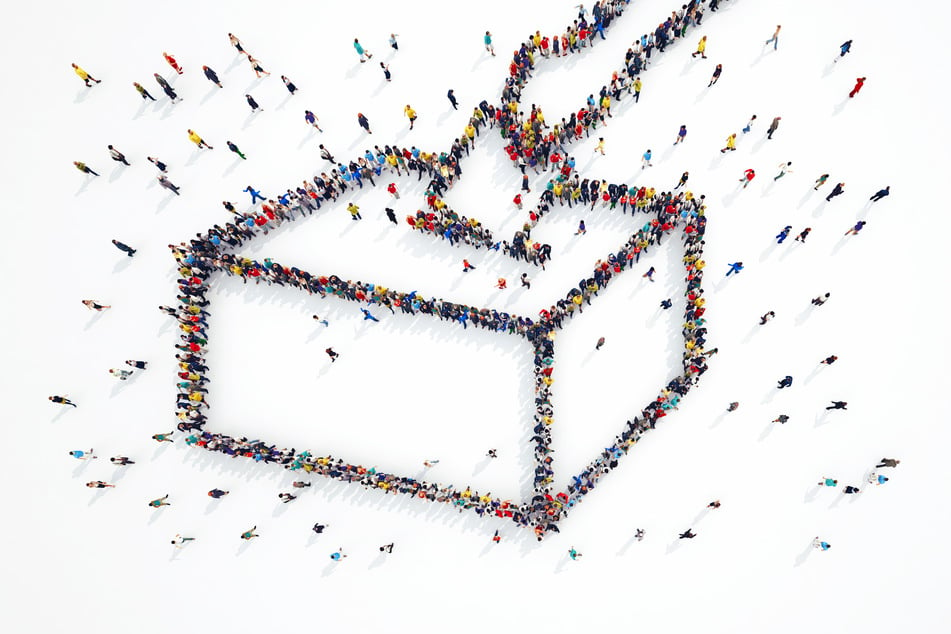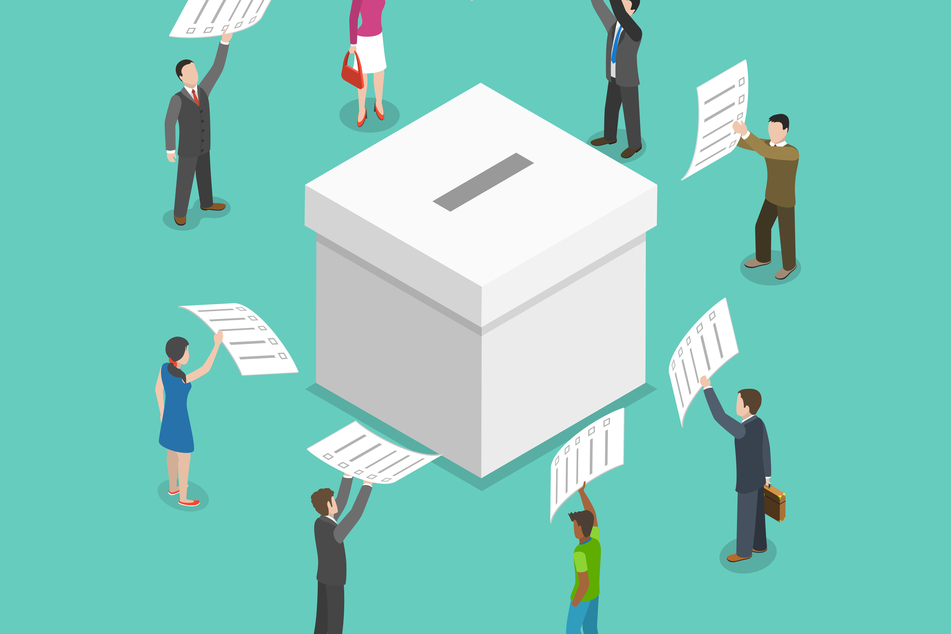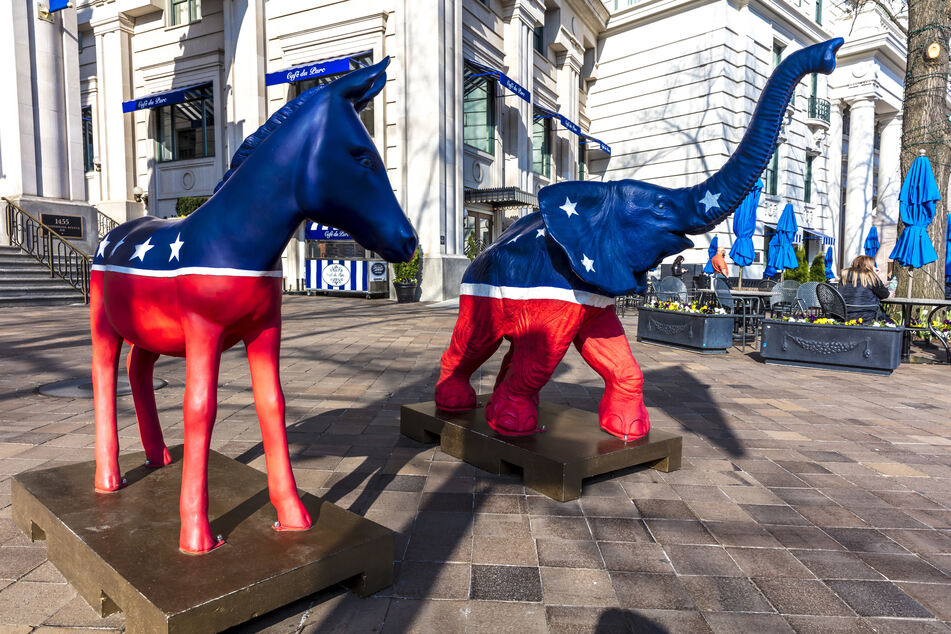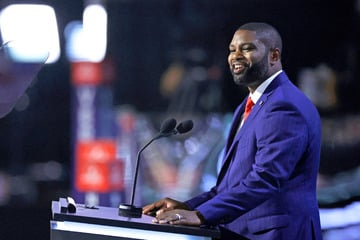The flip side of a record-breaking election: why did a third of Americans not vote?
USA - Even though voter turn out for the 2020 presidential election was the highest it's been in the last 120 years, some 80 million Americans didn't cast a ballot.

This year, 67% of the eligible voters in the US made their voices heard, a huge increase compared previous elections. But what about the 23% who chose not to participate?
NPR and the Medill School of Journalism wanted to find out why, so they so commissioned Ipsos to conduct a survey of the eligible American adults who did not vote in the past election.
According to the survey, nonvoters are set in their belief that their vote wouldn't matter. They were very apathetic about politics and felt alienated. In their summary of the results Medill stated that, "Nonvoters in 2020 were about three times as likely to think that “I’m only one person, so my vote doesn’t make a difference.”"
What's interesting is that these people didn't think that voting would be difficult.
They said that didn't vote because they weren't registered to vote (29%), weren't interested in politics (23%), didn't like the candidates (20%), didn't feel like their vote would have made a difference (16%), and because they were undecided about whom they should vote for (10%).
Who didn't vote?

The survey, which was held online, took 15 minutes and was available in English and Spanish. It revealed that nonvoters tend to be younger, make less money, have a lower level of education, and be Latino.
Over a third of nonvoters (35%) were between the ages of 18 and 30 years old.
Almost half, or 43%, make $50,000 a year or less, while only 21% of those who voted make that amount or less annually. The majority of nonvoters (52%) tend to have a high school diploma or less.
A quarter are Hispanic. According to NPR, "The top reason Latinos give for why they don't vote is that they don't care much about politics, but another is that they have never been registered."
Nonvoters tend to be less involved in politics, whether national or local. They are also less involved in their communities and don't engage in civic activities like protesting, marching, or sending letters to local media or government officials. They don't spend a lot of time talking about politics and were less likely to follow poltics in the media.
Voters and nonvoters alike feel hopeless

But the survey also revealed that voters and nonvoters alike had a distinct lack of hope.
Medill reported that "About 70% of both voters and nonvoters in the survey said that the country is on the wrong track."
And the majority surveyed don't think the people in charge care about people like them. Eighty percent of nonvoters and 73% of voters agreed with the statement that "Traditional parties and politicians don’t care about people like me."
The survey also showed that over 70% of those surveyed also believed that the media was more interested in earning money than telling the truth. And another thing that the majority of voters and nonvoters agreed that there should be a "third major political party in addition to the Democrats and Republicans."
While nonvoters have some similarities of opinion and share a sense that politics are moving in the wrong direction, nonvoters didn't indicate that anything specific would motivate them to head to the poles. 70% of the nonvoters were not registered to vote.
Cover photo: 123rf/ alphaspirit

